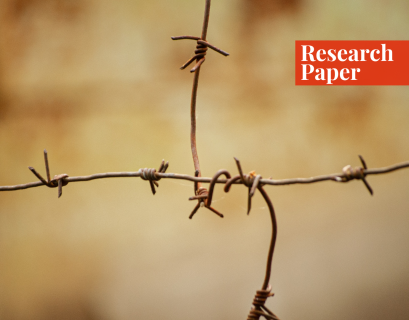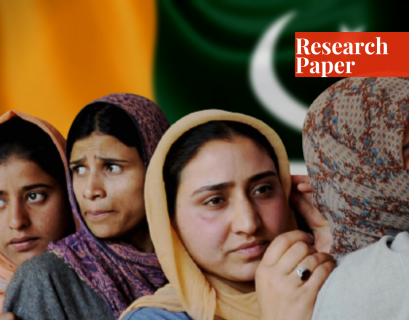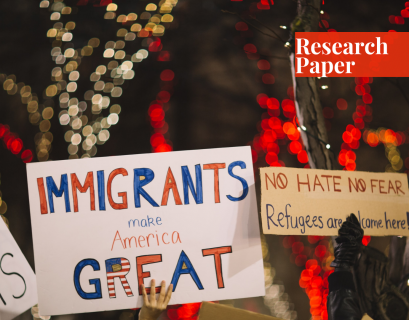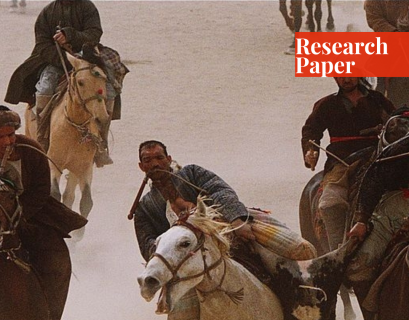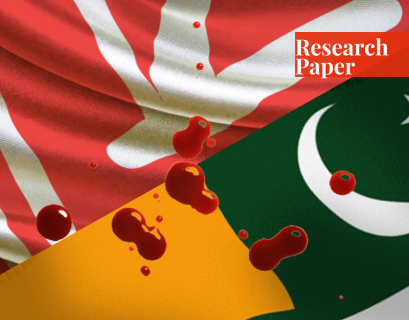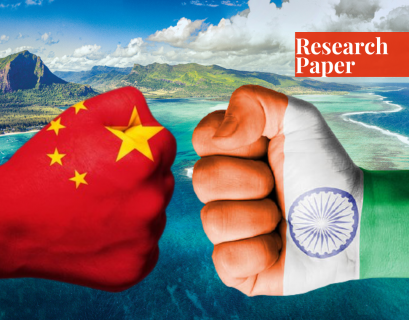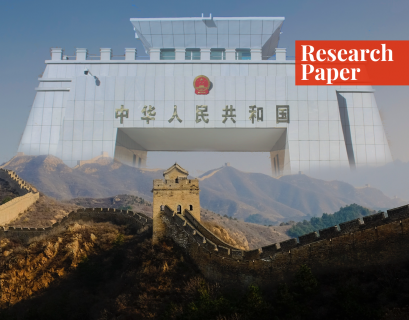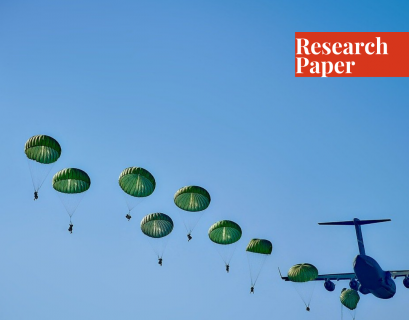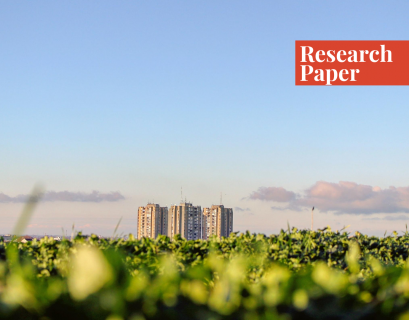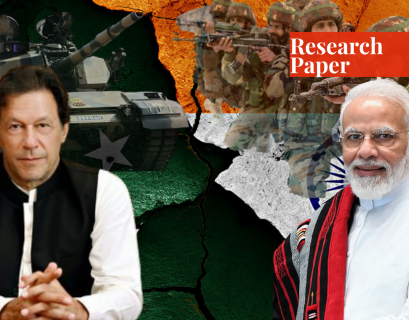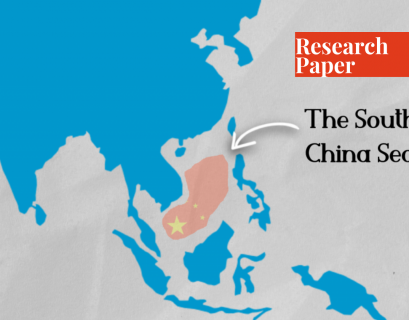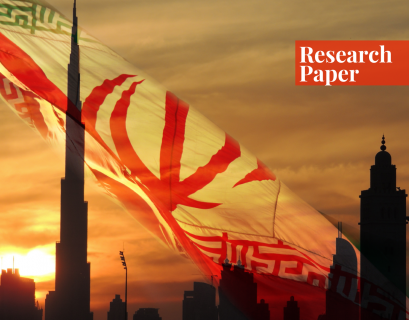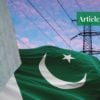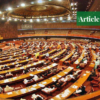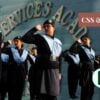Postcolonialism and Borders: Enduring Territorial Disputes
The author seeks to draw a connection between postcolonialism and territorial disputes. Disputes of borders are one of the most explosive global flashpoints, which is a matter as much of current events as of history
Women of Kashmir: Casualties of an Armed Conflict
The armed conflict in Indian-Administered Kashmir has begotten a system of violence and discrimination against the women of Kashmir. Over the years, Kashmiri women have come to bear the brunt of a conflict that impacts them disproportionately.
The Indian Hegemony in South Asia
India’s national interests are pushing it to achieve hegemony in South Asia, forcing neighboring states to counter India’s influence and power.
The Identity Crisis of Muslims in Non-Muslim Societies
The antipathy and insensitivity in non-Muslim societies have driven Muslim minorities to the brink of an identity crisis. This piece gives reference to China, India, and the United States.
Understanding the Nuclear Dynamics of India and Pakistan
The remote possibility of a nuclear war is what drives both Pakistan and India to expand their nuclear arsenal and augment their respective strategies.
Warlords in Afghanistan & Its State-building Process
The warlords in Afghanistan have solidified their position as an integral section of Afghanistan’s community. Their status and power has become indispensable to the state-building process in Afghanistan.
A Diplomatic Transformation for the Decades-old Kashmir Conflict
The conflict transformation model may prove to be efficacious in resolving the Kashmir conflict that has been fraught with hostilities and violence for decades.
China and India: Vying for the Indian Ocean
As the Indian Ocean offers multitudinous benefits, both China and India compete against each other to gain absolute control over the ocean, and ultimately over the region.
The Belt and Road Initiative for Pakistan
China’s grand Belt and Road Initiative (BRI) is influencing foreign policies, taking the world by storm. It is also urging Pakistan, its close ally, to assume a principal position in the Muslim world.
Sino-Russian Relations and the Shanghai Cooperation Organization: The Tides of Power
Sino-Russian relations have witnessed strengthened ties, both using the Shanghai Cooperation Organization as a tool to achieve their ambitions.
Trump’s Language of Populism and Construction of Identity
Although populism has had a known existence in the United States, it has greatly amplified since Trump’s announcement of his candidacy in the 2016 U.S. elections. President Trump’s abrasive and blunt speech has materialized the very paradigm of populism in politics.
Is Military Force Effective in Responding to a Terrorist Insurgency?
Military force becomes mandatory when a deadly insurgent group, the likes of an ISIS or the LTTE, is present in a country. However, contemporary history reaffirms that the role of the military should be limited to defeating an insurgency militarily only. In other words, military force is one part of a larger counterinsurgency framework and is thus a means to an end. A true victory is achieved when the causes of an insurgency are addressed.
The Link Between Culture and Sustainable Development
Culture is not considered an antecedent to sustainable development – even though it largely impacts practices surrounding education, health, environmental protection, waste management etcetera. Culture can therefore play a pivotal role in a country’s quest for sustainable development.
The Textile Industry of Pakistan in the Shadow of Coronavirus
This paper analyses the impact of the coronavirus on trade, GDP growth, and the textile industry of Pakistan. It concludes that the textile industry of Pakistan has suffered a reduction in its production because of the decline in trade due to the coronavirus.
Pakistan and India Will Go to War Again
The paper describes the major reasons why Pakistan and India will go to war again. It asserts that while Pakistan has reduced extremism in the country by vanquishing Islamist groups, India’s Hindutva agenda, spearheaded by the ruling BJP, will push both countries to another war.
Troubled Waters: Revisionist China & The South China Sea Dispute
The South China Sea is important due to economic, military, and strategic factors. This region, critical for military purposes, is rich in resources like oil and gas. The question remains: Will China fall victim to the lust for resources? Or will it use diplomacy to create a win-win situation?
Virtual Water & UAE’s Foreign Policy with Iran: Neo-realist & Neo-liberal Perspectives
The virtual water trade, a concept introduced by Tony Allan, is the hidden flow of water if food or other commodities are traded from one place to another. The research paper briefly explains neo-realism and neo-liberalism before applying the theories to the UAE’s virtual water trade policy with Iran. The paper further details the determinants of UAE’s foreign policy with Iran.
